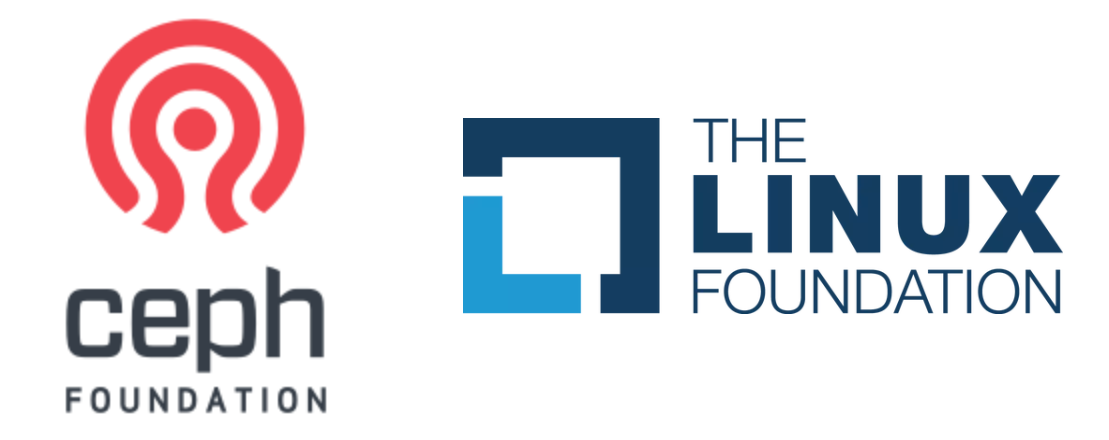The Ceph storage project gets a dedicated open-source foundation
Ceph is an open source technology for distributed storage that gets very little public attention but that provides the underlying storage services for many of the world’s largest container and OpenStack deployments. It’s used by financial institutions like Bloomberg and Fidelity, cloud service providers like Rackspace and Linode, telcos like Deutsche Telekom, car manufacturers like BMW and software firms like SAP and Salesforce.
These days, you can’t have a successful open source project without setting up a foundation that manages the many diverging interests of the community and so it’s maybe no surprise that Ceph is now getting its own foundation. Like so many other projects, the Ceph Foundation will be hosted by the Linux Foundation.
“While early public cloud providers popularized self-service storage infrastructure, Ceph brings the same set of capabilities to service providers, enterprises, and individuals alike, with the power of a robust development and user community to drive future innovation in the storage space,” writes Sage Weil, Ceph co-creator, project leader, and chief architect at Red Hat for Ceph. “Today’s launch of the Ceph Foundation is a testament to the strength of a diverse open source community coming together to address the explosive growth in data storage and services.”
Given its broad adoption, it’s also no surprise that there’s a wide-ranging list of founding members. These include Amihan Global, Canonical, CERN, China Mobile, Digital Ocean, Intel, ProphetStor Data Service, OVH Hosting Red Hat, SoftIron, SUSE, Western Digital, XSKY Data Technology and ZTE. It’s worth noting that many of these founding members were already part of the slightly less formal Ceph Community Advisory Board.
“Ceph has a long track record of success what it comes to helping organizations with effectively managing high growth and expand data storage demands,” said Jim Zemlin, the executive director of the Linux Foundation. “Under the Linux Foundation, the Ceph Foundation will be able to harness investments from a much broader group to help support the infrastructure needed to continue the success and stability of the Ceph ecosystem.”

Ceph is an important building block for vendors who build both OpenStack- and container-based platforms. Indeed, two-thirds of OpenStack users rely on Ceph and it’s a core part of Rook, a Cloud Native Computing Foundation project that makes it easier to build storage services for Kubernetes-based applications. As such, Ceph straddles many different worlds and it makes sense for the project to gets its own neutral foundation now, though I can’t help but think that the OpenStack Foundation would’ve also liked to host the project.
Today’s announcement comes only days after the Linux Foundation also announced that it is now hosting the GraphQL Foundation.






